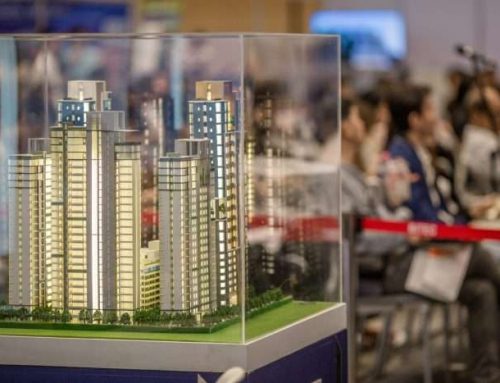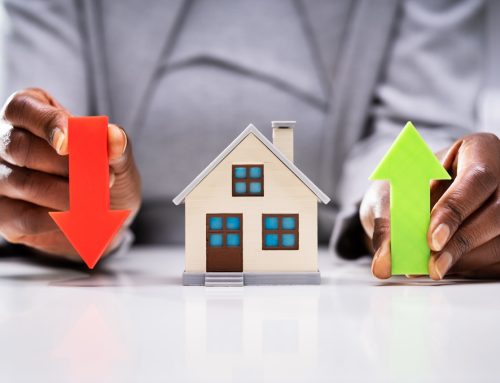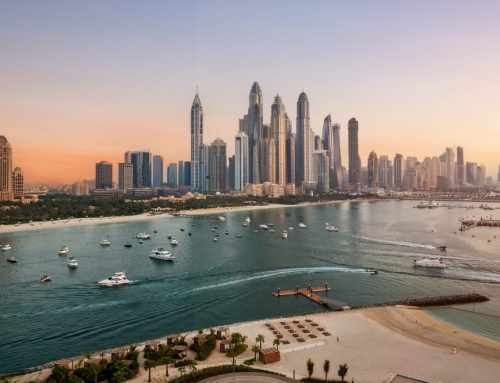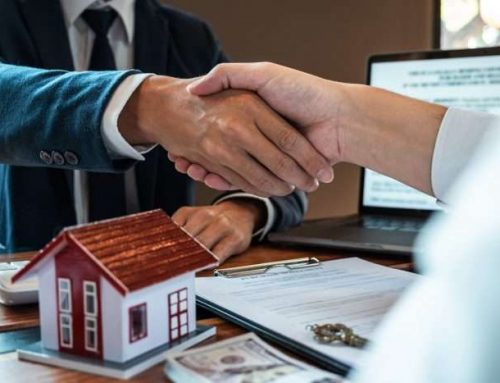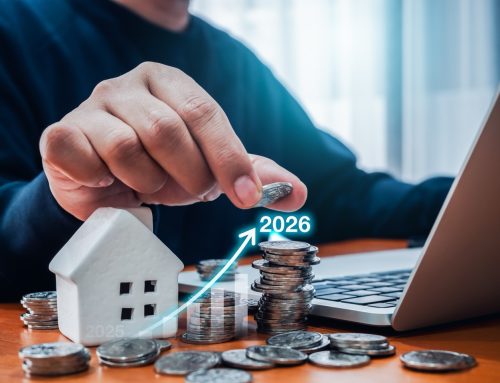Understanding VAT in UAE Real Estate Transactions
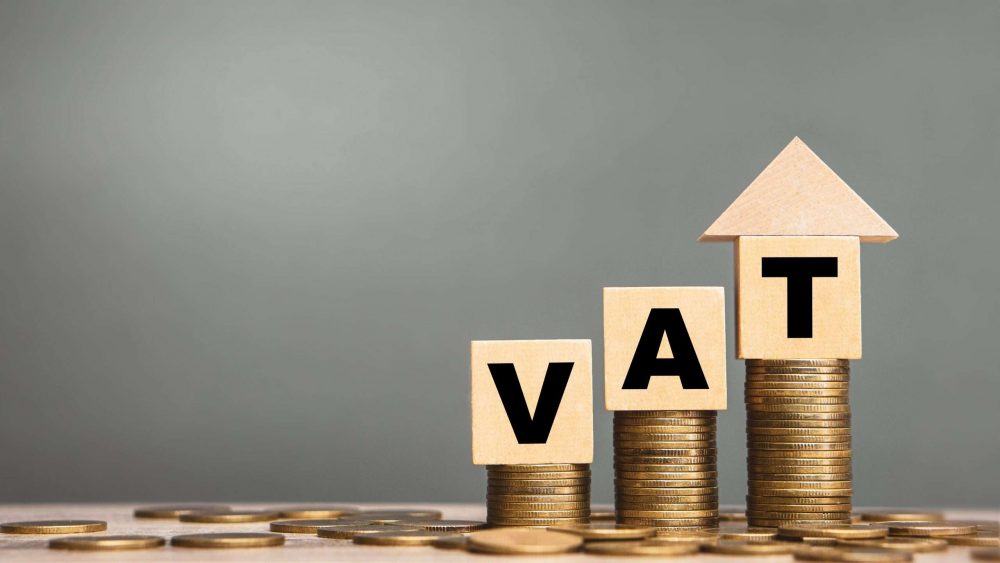
Value-Added Tax (VAT) impacts various aspects of real estate transactions in the UAE. Whether you’re renting, buying, or involved in property development, it’s crucial to understand VAT regulations and exemptions to make informed decisions.
What is VAT in the UAE?
The UAE is largely tax-free, but VAT is applied to most goods and services, including property transactions. Introduced under Federal Decree-Law No. (8) of 2017, VAT is classified into three categories:
- Standard 5% rate
- Zero-rated
- Exempt
VAT may be added to the price of property, especially commercial properties, while residential transactions might be exempt. Knowing when and where VAT applies helps in managing costs effectively.
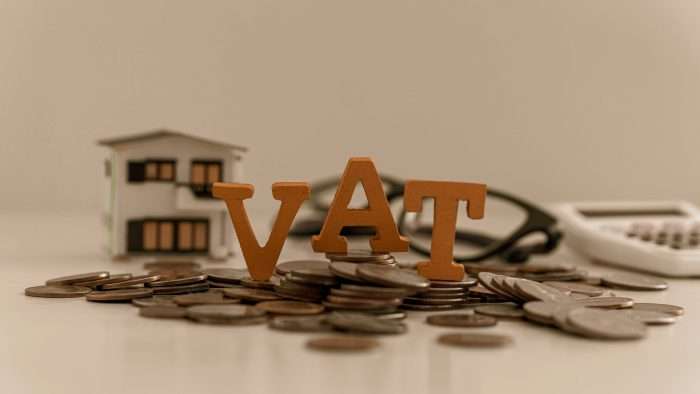
VAT on Residential Real Estate Transactions
What is classified as a residential property?
According to the Federal Tax Authority (FTA), residential properties include:
- Villas, townhouses, and non-serviced apartments
- Student and labor accommodation
- Housing for police and armed forces
- Nursing homes and orphanages
VAT on Residential Property Sales and Rent
- Secondary Market (Resale): Owners of purely residential properties cannot charge VAT on rent or sales. This also means they cannot claim VAT returns for such transactions.
- Primary Market: Residential property sales are VAT-exempt for the first three years post-completion. Developers can, however, recover VAT paid on related services such as design, construction, and materials.
VAT on Services for Residential Properties
While the sale and rent of residential properties are VAT-exempt, VAT is applicable to services such as:
- Maintenance
- Agency commission fees
- Property management
- Owners’ association costs
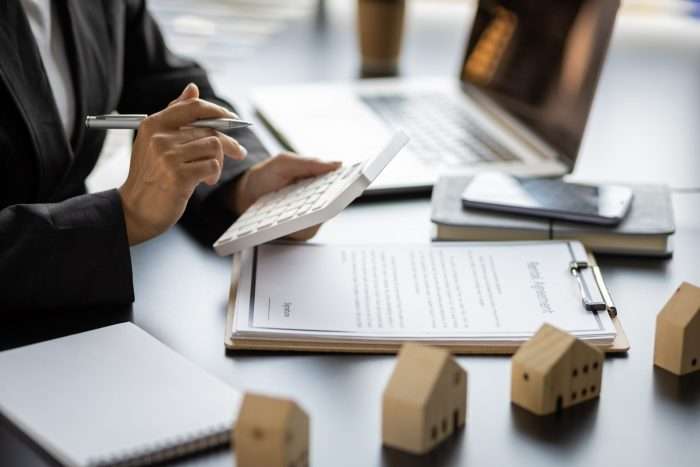
VAT for Tenants in the UAE
Rent for residential properties is VAT-exempt. However, tenants must pay VAT on services like:
- Water, electricity, and gas
- Air conditioning
- Agency fees
VAT for Property Buyers
- Residential Properties: Buyers are exempt from VAT for the first three years after completion of the property. Developers can reclaim VAT on expenses like construction.
- Commercial Properties: VAT is applied to both primary and secondary market transactions. Buyers can recover VAT through their tax returns, but they must monitor property usage for 10 years to ensure continued compliance.
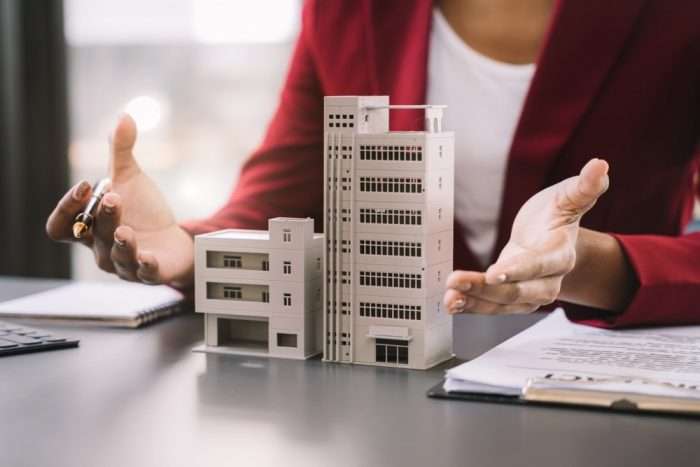
VAT on Commercial Property in the UAE
Commercial properties, including serviced residences, offices, shops, and schools, are subject to VAT. Owners and buyers can claim VAT recovery for related expenses if they meet the criteria. However, if the property’s usage changes (e.g., from commercial to residential), VAT adjustments may be necessary.
Designated VAT-Exempt Free Zones
The UAE Cabinet defines specific free zones as Designated Zones, exempt from VAT. Businesses operating in these areas may benefit from exemptions, but compliance is complex and varies case by case. Consulting a VAT expert is advisable for navigating these rules.
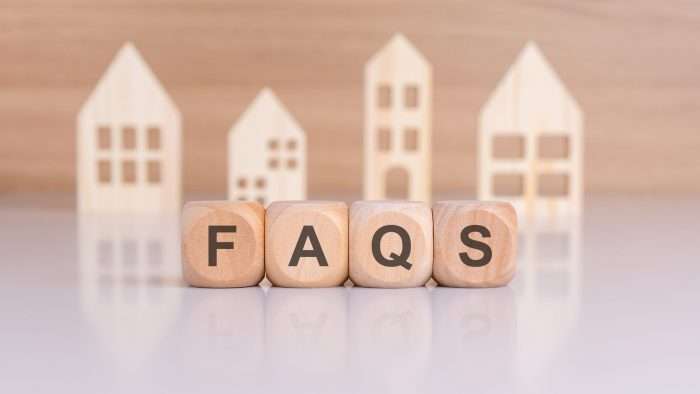
Frequently Asked Questions
- Is VAT applicable on real estate in the UAE?
Yes, VAT is applied to certain real estate transactions, with some exemptions for residential properties and developments within the first three years post-completion.
- What are zero-rated supplies in the UAE?
Zero-rated supplies include the first sale or lease of a building converted from non-residential to residential use, taxed at 0% VAT, meaning no additional cost is passed to the customer.
- How does VAT affect commercial property?
VAT applies to both primary and secondary market transactions for commercial properties. Owners can recover VAT on property-related expenses, but must ensure compliance if the property’s usage changes.
Understanding VAT in UAE real estate transactions is essential for property buyers, sellers, and tenants. While residential properties often enjoy VAT exemptions, commercial properties are generally subject to a 5% VAT. Key exemptions exist for new residential developments during the first three years, and VAT on services like maintenance or agency fees still applies. Buyers and owners of commercial properties can recover VAT on related expenses, but compliance with VAT rules, especially in Designated Zones, requires careful attention. By staying informed, you can navigate these regulations effectively and minimize your overall tax liability.

